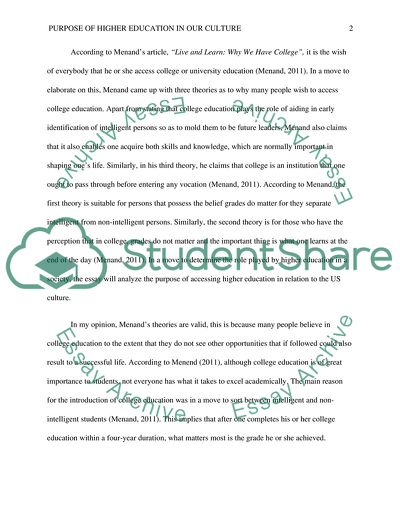Cite this document
(Purpose of Higher Education in Our Culture Assignment, n.d.)
Purpose of Higher Education in Our Culture Assignment. https://studentshare.org/education/1834362-the-reality-of-higher-education-in-our-culture
Purpose of Higher Education in Our Culture Assignment. https://studentshare.org/education/1834362-the-reality-of-higher-education-in-our-culture
(Purpose of Higher Education in Our Culture Assignment)
Purpose of Higher Education in Our Culture Assignment. https://studentshare.org/education/1834362-the-reality-of-higher-education-in-our-culture.
Purpose of Higher Education in Our Culture Assignment. https://studentshare.org/education/1834362-the-reality-of-higher-education-in-our-culture.
“Purpose of Higher Education in Our Culture Assignment”. https://studentshare.org/education/1834362-the-reality-of-higher-education-in-our-culture.


